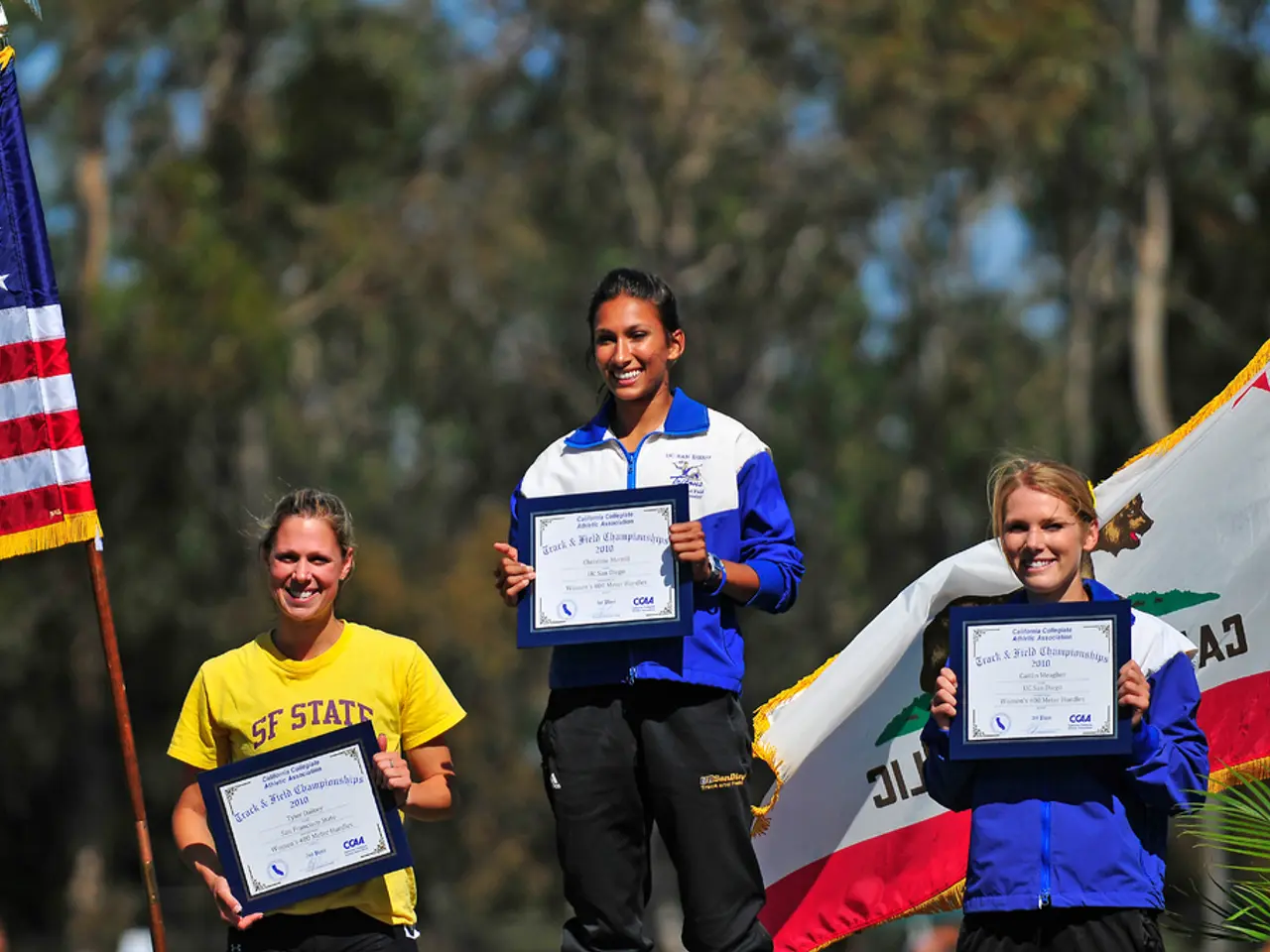Increase in Female Examiners for Law Examinations
In North Rhine-Westphalia, efforts are underway to ensure a more balanced gender ratio among legal state examiners and promote a fairer evaluation process. The aim is to reduce potential discrimination against women and create a more equitable environment.
One approach involves adopting diverse recruiting and hiring practices. This includes attracting a diverse pool of candidates, implementing blind hiring processes to minimize unconscious bias, and setting targets for gender representation among examiners. Regular tracking of progress is also essential.
Another strategy is providing comprehensive training for all examiners on recognizing and mitigating bias, as well as sessions on gender equality and fairness in evaluations.
Standardized evaluation criteria are also being developed and enforced to ensure consistency and fairness. These criteria are regularly reviewed and updated to reflect changing societal norms and legal standards.
Considering anonymous or blind evaluation processes is another step towards reducing unconscious bias based on gender. This involves stripping exam answers of identifying information to help assess candidates' performances as objectively as possible.
Regular audits and feedback are crucial for assessing the improvement of the gender ratio and identifying any biases in evaluations. Encouraging feedback from examinees and examiners is also essential.
Fostering an inclusive environment where both male and female examiners feel valued and supported is another key strategy. This includes encouraging diversity and inclusion initiatives within the examiner community.
To oversee the implementation of these strategies and monitor progress, a task force or committee has been established. Collaboration with legal educators, professional organizations, and community groups is also vital to ensure the changes are well-received and effective.
Sonja Bongers, Chair of the SPD City Council Fraction and a Member of the North Rhine-Westphalia State Parliament, emphasizes the importance of these initiatives. Exam grades in legal state examinations can significantly impact future job prospects for lawyers, making it necessary to address potential biases in oral exams to ensure fairness.
A recent study by the NRW Ministry of Justice found that women's oral grades in legal state examinations are on average 2.4% lower than in the written exams. This underscores the need to prevent structural discrimination in examinations.
The study also suggests that oral exams may be influenced by personal biases and expectations regarding gender roles. Incorporating a diverse pool of examiners can help mitigate these biases and provide women with equal opportunities as men in legal state examinations.
By implementing these strategies, North Rhine-Westphalia can work towards a more balanced gender ratio among legal state examiners and promote a fairer evaluation process.
- In the pursuit of creating a fairer evaluation process, ongoing efforts could increasingly focus on integrating science-based insights regarding unconscious biases and their impact on the health-and-wellness of womens-health during the hiring and evaluation process for legal state examiners.
- To further promote womens-health and gender equality, it might be beneficial for the task force to organize regular seminars on the intersection of science, health-and-wellness, and womens-health as it pertains to legal state examinations and the legal profession at large.




